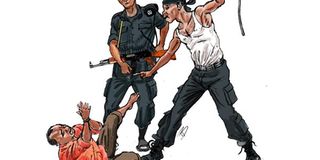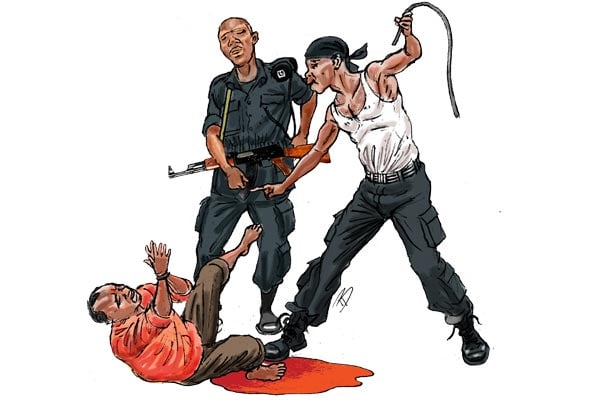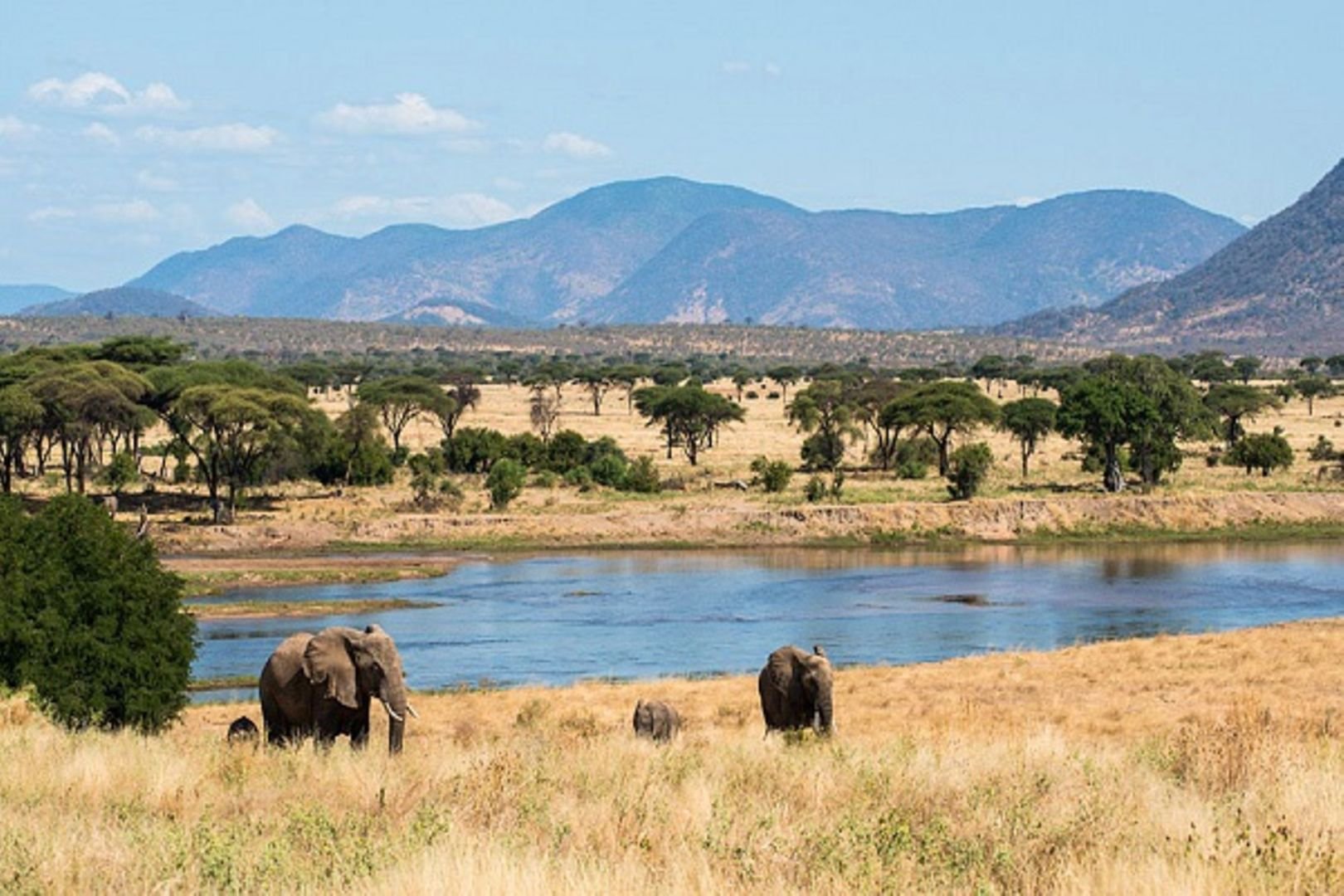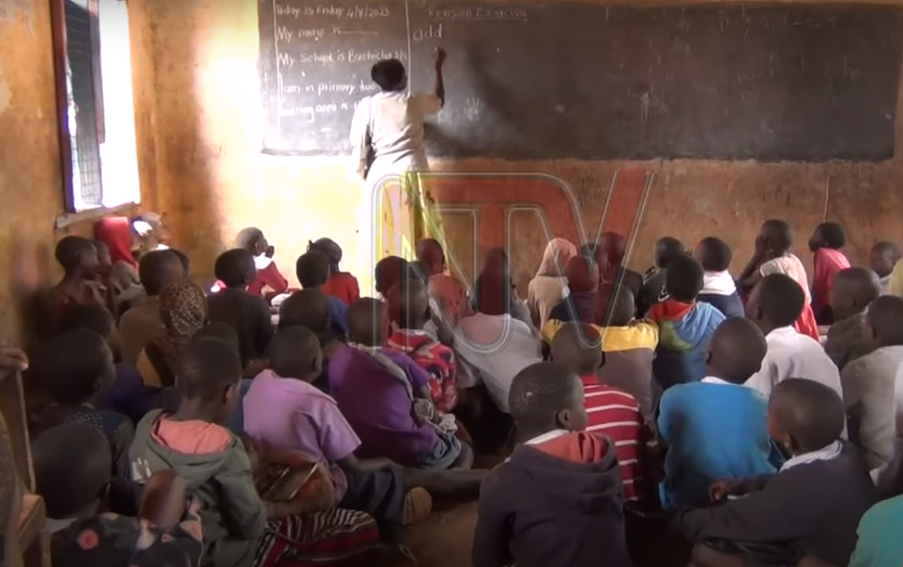Revisiting Parliament's conflicting reports on Nalufenya whose future hangs in balance

Torture. Victims of the dreaded Nalufenya say the beating would begin almost immediately on arrival at the facility. Illustrations by DANIEL BARONGO
What you need to know:
- In his report, The Kilak North MP, Mr Anthony Akol said the committee checked the medical record books, which showed that many suspects were being treated with conditions like soft tissue injuries, open wounds, blood flowing from the ears, and many conditions associated with torture and long detention.
- The main committee report cautioned against torture while the minority report recommended for the immediate closure of the facility.
The dreaded Nalufenya Police Facility in Jinja is back news. There are reports that the police leadership is considering closing Nalufenya, which is synonymous with torture of suspects to extract confessions.
Last year, the Human Rights Committee blew the lid on the facility citing torture of detainees. A section of Members of parliament authored a report calling for the closure of Nalufenya.
Despite the wide condemnation of the facility, the former Inspector General of Police, Kale Kayihura kept a deaf ear. Now there are reports that his successor, Martin Okoth Ochola is reviewing the facility with a possibility of shutting it down.
He constituted a seven member committee including police directors and officers from the Human Rights and legal services department to assess and study the facility's performance.
The decision was reached during the Policy and Advisory Committee (PAC), the force's top policy making organ on Wednesday. This reporter has learnt that the seven-man committee visited the Jinja-based facility on Thursday.
READ:
The move has excited a section of MPs sitting on the Human Rights Committee. The Kilak North MP, Mr Anthony Akol who wrote a minority report recommending the closure of Nalufenya, has welcomed the move by police to streamline activities at the facility.
Akol said that it will be good for the country if police takes up his recommendation, saying the activities at Nalufenya are wrong and unfortunate.
"Police needs to strive for professionalism, torture of suspects is very wrong and against national and international provisions on human rights," said Mr Akol.
Ms Safia Nalule Juuko, the Vice Chairperson of the Human Rights Committee, says the new move by Police is in the right direction. She recounted a number of findings her committee got from the facility and its recommendations in regards to torture.
Gilbert Olanya, the Kilak South MP called for wider investigations into allegations of police torture instead of concentrating on only Nalufenya.
"Let them not stop at Nalufenya, there are other police stations across the country where suspects are tortured like Jinja Road Police Station and Kira Road Police Station, many suspects complained to us that they were tortured while at those facilities. There is need for a wider investigation," Olanya demanded.
With the debate on the future of Nalufenya, this reporter traces the findings of the human rights committee on the facility, which produced two reports 9 months ago.
Nalufenya is a gazetted police station that has been in existence since independence. It operates as a special police facility dedicated to handling high profile cases. Suspects are drawn from any part of the country for investigation and interrogations.
Several of the suspects in Nalufenya are detained on charges of terrorism, abetting terrorism, aggravated robbery and murder.
Parliament's intervention stemmed from the publication of gruesome pictures of four suspects tortured by police officers at the facility.
The suspects were picked up in connection to the killing of former police spokesperson, Assistant Inspector General of Police Andrew Felix Kaweesi, his body guard, Kenneth Erau and Driver, Godfrey Mambewo in March 2017.
The gruesome pictures sparked off condemnation from the public and parliament. President Yoweri Museveni authored a letter cautioning the Police Chief Kale Kayihura against torturing suspects to obtain confessions.
Parliament Conflicting Reports
On 19th May 2017, the Human Rights Committee of Parliament visited Nalufenya following a directive by the Speaker of Parliament, Rebecca Kadaga and produced two conflicting reports on the alleged torture of suspects at the Detention facility.
In his report, the Committee Chairperson Jovah Kamateeka reported that Nalufenya appeared reasonably clean and that the committee had found no evidence of inhumane conditions.
Kamateeka also told parliament that they couldn't independently verify the allegations of torture at Nalufenya since their visit wasn't impromptu and that many suspects had been transferred by the time of the visit. She added that the committee couldn't independently verify the real conditions of the suspects at the facility.
Her report conflicted with a minority report tabled by Kilak North MP, Anthony Akol who revealed that the committee had been treated to a set-up of a well-organized police facility.
In his report, Akol said the committee checked the medical record books, which showed that many suspects were being treated with conditions like soft tissue injuries, open wounds, blood flowing from the ears, and many conditions associated with torture and long detention.
He said that even on the very morning the committee visited Nalufenya, there were suspects being treated with wounds and soft tissues injuries but they were never among the suspects presented to the committee.
According to Akol's report, when the then Police Spokesperson, Asan Kasingye was tasked to explain why those treated in the clinic were nowhere to be seen in the cells or records, and even in their Lock up books, he explained that the clinic treats Police officers, families of Police officers and residents of Jinja. "The 21 suspects we talked to appeared to be selected for the visit. The suspects had no wounds and no trace of any torture. They appeared frightened and fearful and could not tell us anything but merely that we are not tortured and we are treated well," reads part of Akol's minority report.
Recommendations
The main committee report cautioned against torture while the minority report recommended for the immediate closure of the facility.
Kamateeka's report observed that Nalufenya was not a conventional police station, saying that even with a constitutional mandate; her committee could only access the facility after protracted negotiations at the entrance to the facility.
"Calls had to be made to Kampala for clearance. The members were barred from entering with their official Ipads and other communication gadgets," Kamateeka reported. Adding that, "given Nalufenya's operations, the facility does not seem to guarantee the protection of personal liberty under Article 23 of the Constitution."
The minority report by Akol recommended for the immediate closure of Nalufenya, saying it contravenes Article 24 of the Constitution, which prohibits any form of torture to a person arrested or detained.
But the main committee report recommended that while it may be necessary to have a gazetted facility for sensitive cases, police should observe and respect the National and International standards of freedom from torture, which is an inviolable human right.





